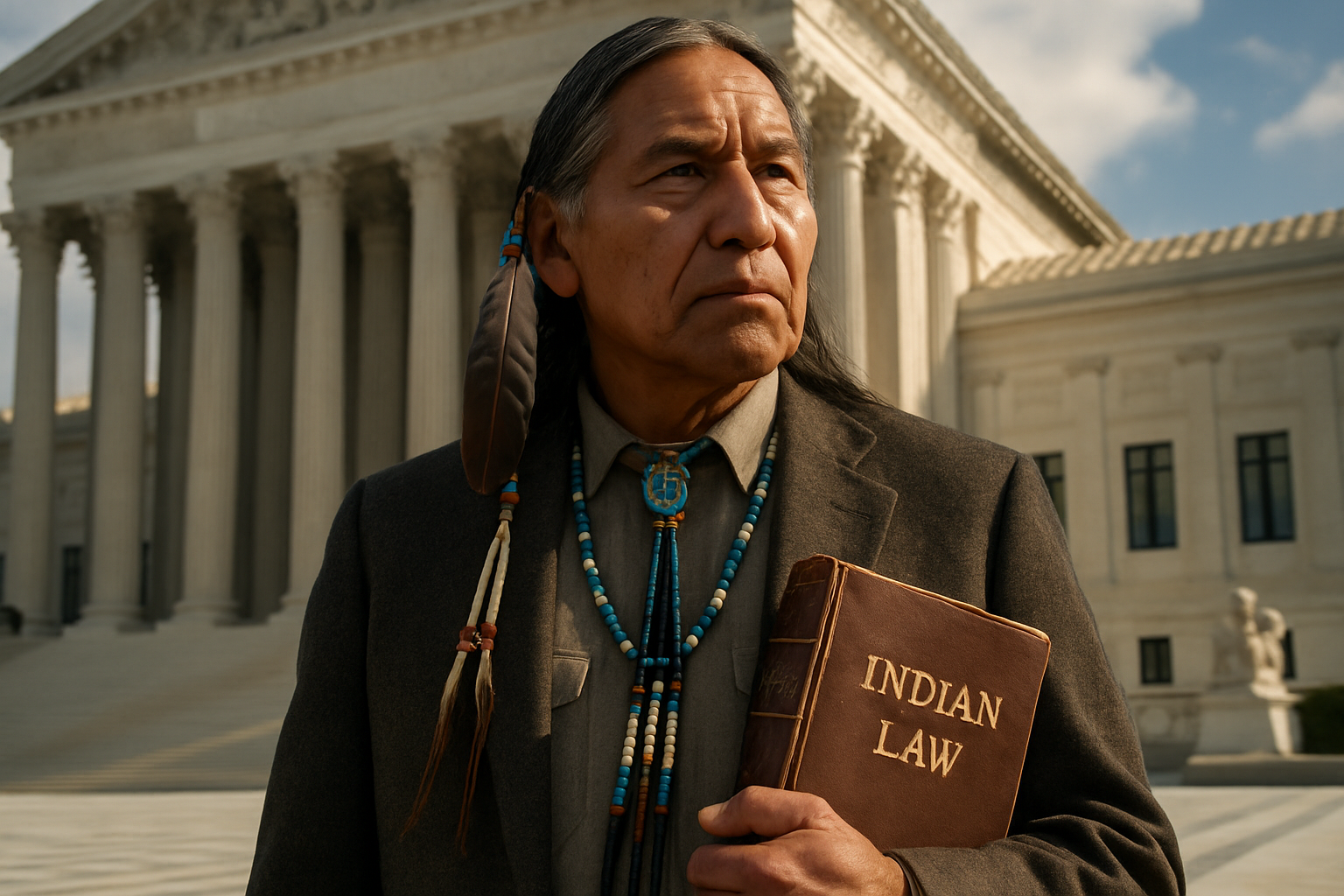Title: Tribal Sovereignty and Federal Indian Law: A Complex Tapestry
Introduction: The intricate relationship between Native American tribes and the U.S. government is a fascinating realm of legal complexity. This article delves into the nuances of tribal sovereignty, exploring its historical foundations, contemporary challenges, and evolving interpretations in federal Indian law.

The Marshall Trilogy, a series of Supreme Court cases in the early 19th century, established key principles of federal Indian law. These cases defined tribes as domestic dependent nations, acknowledging their sovereignty while also limiting it under the doctrine of discovery. This complex legal framework continues to shape federal Indian law today, influencing everything from criminal jurisdiction to economic development on tribal lands.
Modern Challenges to Tribal Sovereignty
Despite its historical recognition, tribal sovereignty faces numerous challenges in the modern era. One significant issue is the checkerboard pattern of land ownership on many reservations, resulting from allotment policies of the late 19th and early 20th centuries. This patchwork of tribal, individual Indian, and non-Indian owned lands complicates jurisdictional matters and hampers effective governance.
Another challenge is the doctrine of implicit divestiture, developed by the Supreme Court in the latter half of the 20th century. This doctrine holds that tribes have been divested of certain sovereign powers by virtue of their dependent status, particularly concerning authority over non-Indians on reservation lands. This has led to a complex web of jurisdictional rules that vary depending on the nature of the case and the status of the individuals involved.
Public Law 280 and Criminal Jurisdiction
Public Law 280, enacted in 1953, significantly altered the landscape of criminal jurisdiction in Indian Country. This law transferred federal criminal jurisdiction to certain states over crimes committed on tribal lands. The implementation of PL 280 has been controversial, with many tribes viewing it as an infringement on their sovereignty and an abdication of federal trust responsibility.
Recent years have seen efforts to address jurisdictional gaps created by PL 280 and other federal policies. The Tribal Law and Order Act of 2010 and the Violence Against Women Reauthorization Act of 2013 have expanded tribal criminal jurisdiction in specific areas, particularly concerning domestic violence cases involving non-Indian perpetrators on tribal lands.
Economic Development and Tribal Sovereignty
Tribal sovereignty plays a crucial role in economic development efforts on reservations. The Indian Gaming Regulatory Act of 1988 affirmed tribes’ right to conduct gaming operations on tribal lands, subject to certain restrictions and state compacts. This has become a significant source of revenue for many tribes, funding essential services and infrastructure improvements.
Beyond gaming, tribes are increasingly leveraging their sovereign status to attract businesses and investments. Tribal economic development corporations, sovereign wealth funds, and partnerships with non-Indian businesses are expanding economic opportunities. However, these efforts often face legal challenges, particularly concerning issues of taxation and regulatory authority.
The Trust Doctrine and Federal-Tribal Relations
The trust doctrine, rooted in the Marshall Trilogy, establishes a fiduciary responsibility of the federal government toward Indian tribes. This doctrine has evolved over time, shaping federal obligations in areas such as natural resource management, healthcare provision, and education.
Recent legal developments have both clarified and complicated the trust relationship. The Supreme Court’s decision in United States v. Jicarilla Apache Nation (2011) limited tribal access to certain federal documents in trust-related litigation, while also reaffirming the government’s fiduciary duties. Meanwhile, legislative efforts like the Indian Trust Asset Reform Act of 2016 aim to provide tribes with greater control over trust assets.
The Future of Tribal Sovereignty
As federal Indian law continues to evolve, several key issues are likely to shape the future of tribal sovereignty. The implementation of the Indian Child Welfare Act, currently under Supreme Court review, could have far-reaching implications for tribal authority in family law matters. Additionally, questions of tribal jurisdiction over non-Indians in civil cases, environmental regulation on reservation lands, and the scope of tribal sovereign immunity in commercial contexts are likely to remain contentious.
The push for tribal self-determination, coupled with ongoing efforts to clarify and strengthen government-to-government relationships, suggests a dynamic future for tribal sovereignty. As tribes continue to assert their rights and navigate complex legal landscapes, the principles of tribal sovereignty will undoubtedly continue to evolve, shaping the unique place of Native American tribes within the American legal system.






